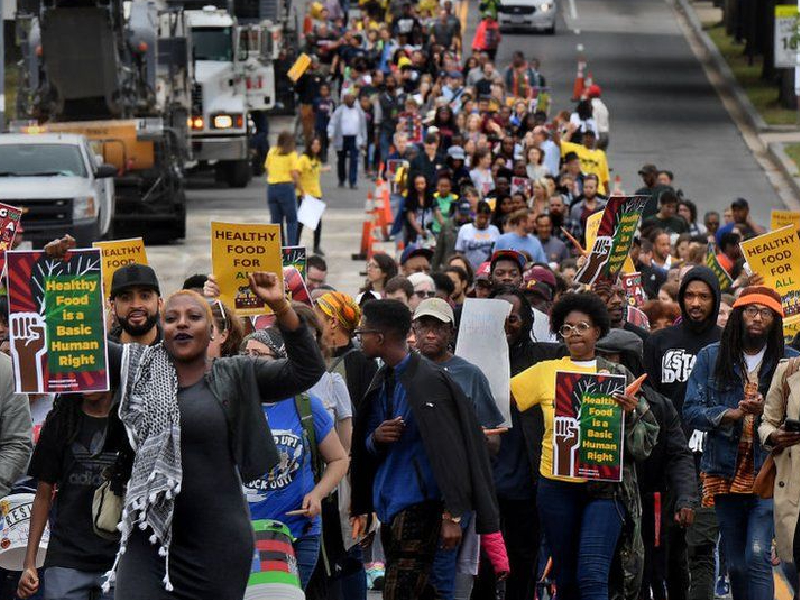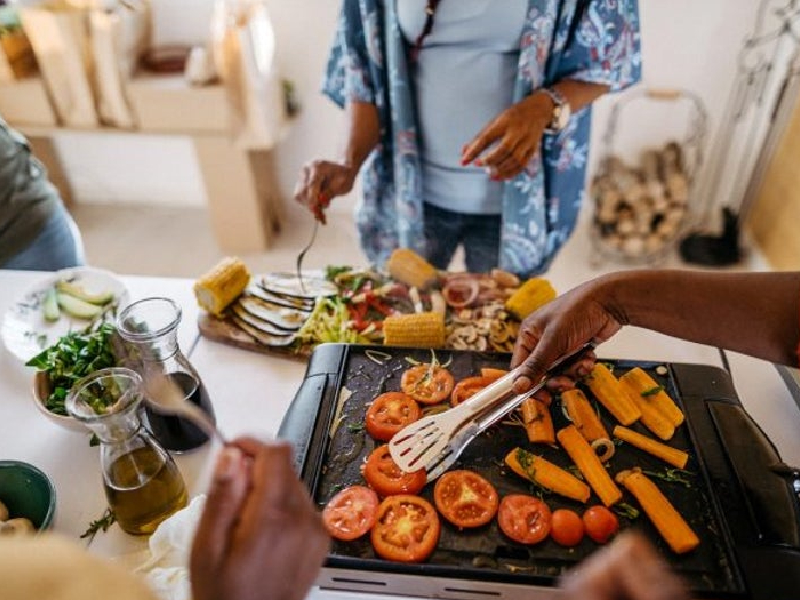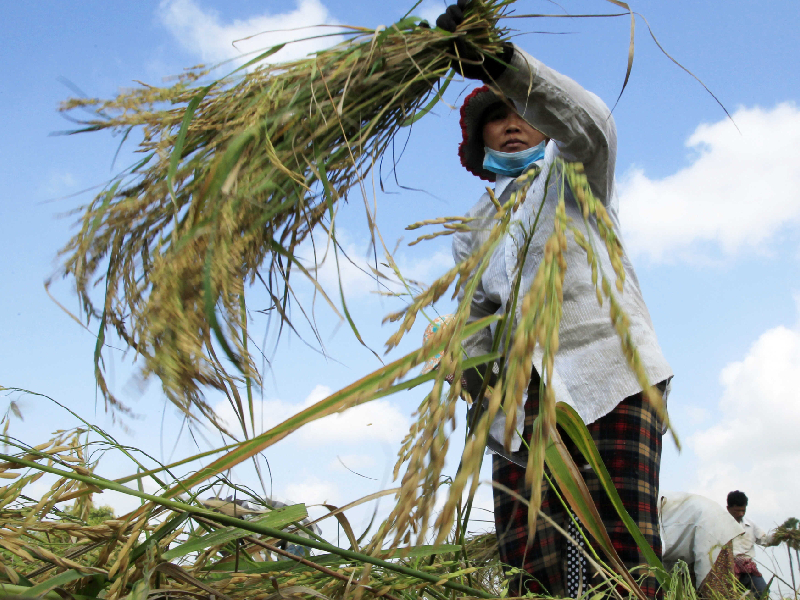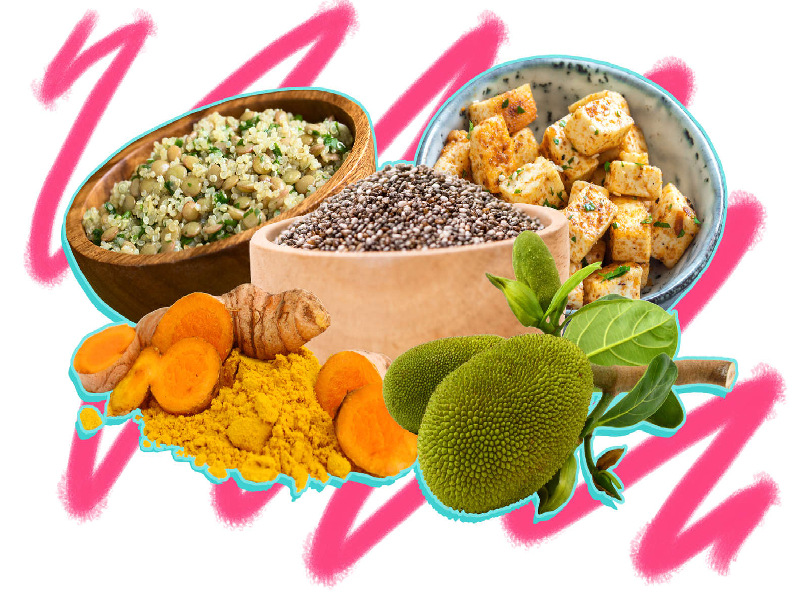|
By Janica Maya (@janicamaya) The mainstream image of a vegan diet often excludes Black people from the dominant narrative. Vegans are committed to a plant-based diet - so no consumption and use of anything that is an animal product, such as eggs, meat and dairy. Over the years, vegan diets have become a popular lifestyle to follow but mostly recognizes white people and often overlooks Black vegans. Media platforms typically develop the image of veganism through white people by featuring white chefs and recipe blogs of white influencers. Advocating for animal rights is one of many reasons for adopting a vegan diet. As white people are mostly recognized as vegan, they are also associated with playing an advocacy role. However, this also ignores Black activism for animal rights. A plant-based diet that promotes animal rights has thrived in communities of colour for many centuries before it shifted to a restricted space, now excluding people based on race and class. Plant-based eating is commonly found in Asian, African, Caribbean and Indigenous cultures for health, economic, and religious reasons. Religions like Hinduism, Jainism and Buddhism support the idea of avoiding animals and animal products with the belief of non-violent practice. In Jamaica, Rastafari adopts the Ital diet that focuses on eating only natural and plant-based foods. Zachary Toliver, a producer at PETA says: “Black vegans aren’t a new thing. Vegan restaurants have been around for decades in the Black community… White vegans didn’t invent cruelty-free living. It didn’t start with them and it won’t end with them.” Today’s veganism adopts the same value it did in the past of following a diet and lifestyle that is environmentally conscious and non-violent. The current push for veganism in today’s society disregards the social gap on race and class despite being established in communities of colour. Mainstream veganism relies on non-western recipes and products, such as chickpeas, tofu, quinoa and coconut that originated in other cultures. Mainstream veganism labels these foods as “superfood” and it strips away their cultural identities. Labelling these cultural foods as “superfoods” affects many Black communities as prices increase making it harder for communities that depended on these ingredients to be able to afford culturally appropriate foods. According to Amie Breeze Harper - Creator, Sistah Vegan: “… veganism is connected with racialization making healthy food options inaccessible for many people based on their racial and class status. The shift on veganism has become the combination of whiteness and class privilege that gives white people the advantage.” Harper says: “Your relationship with healthier food options is influenced by environmental racism-- lack of access to public transportation to get healthier food sources and placement of fast food chains in close proximity to you than an affordable produce centre.” Veganism has become more than animal cruelty and plant-based diet. It appears to be a racial injustice movement against Black vegans who lack mainstream representation, and fails to highlight the actual history of a vegan diet. Share your thoughts on Black Food Insecurity and Veganism on our Social Media @vibe105to |
Recent Posts
Categories
All
Archives
February 2022
|
|
GET THE APP!
Listen to VIBE 105 anywhere you go!
|
OUR STATION
|
TUNE IN RADIO
|
STAY CONNECTED
|
Copyright © 2021 Canadian Centre for Civic Media and Arts Development Inc. Except where otherwise noted, presentation of content on this site is protected by copyright law and redistribution without consent or written permission of the sponsor is strictly prohibited.






 RSS Feed
RSS Feed


